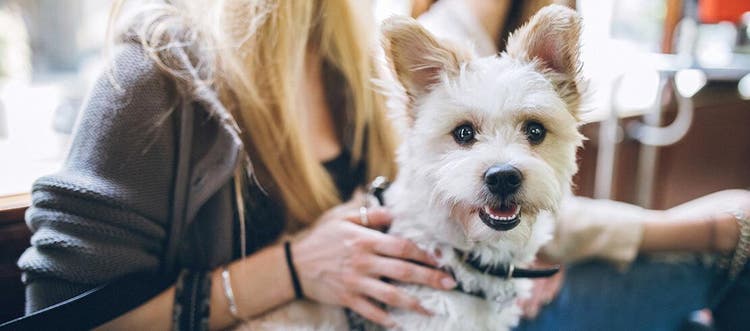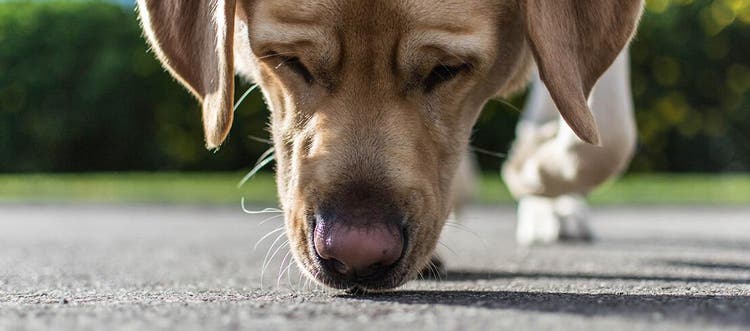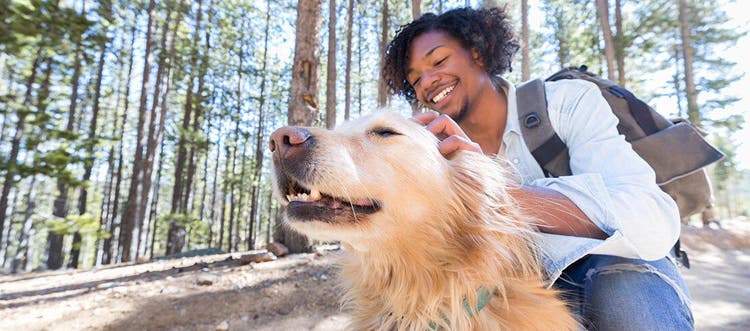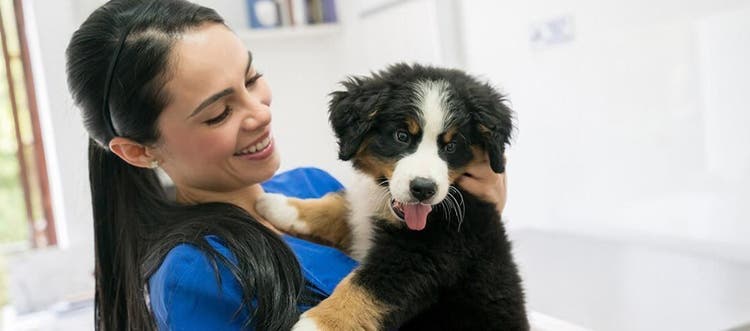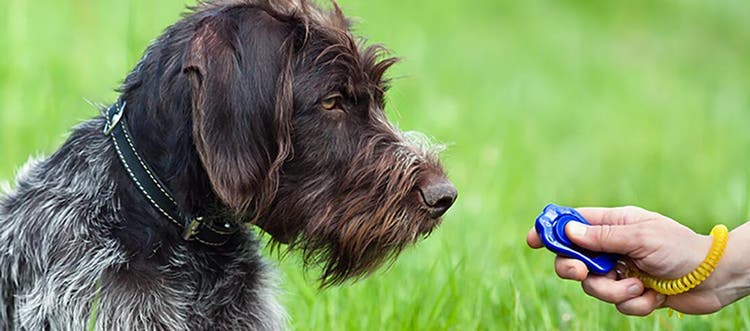Reviewed by Dr Abbie Lam DVM
Make your new puppy feel at home from day one with proper socialisation and behavioural training.
Welcoming a new puppy into the home can be exciting, but settling in can come with challenges for everyone involved. Taking the right steps to acclimatise your puppy to their new environment can help kick-start basic obedience and create a positive path for further behaviour and socialisation training.
1. Introduce your puppy to its new home
The first day with your new puppy can be overwhelming for both your family and for the puppy. Take the time to do proper introductions with your new puppy to foster positive bonds in the household. Puppy training, which should start on day one, will help you both understand each other better.
You’ll be starting to see your new pup’s personality come through, and now is the perfect time to decide on a name.
Take the following steps during the first day to help your puppy feel comfortable in its new environment:
- Introduce your puppy to family members and the home early in the day.
- Introduce the puppy to its sleeping area.
- Show the pup the outdoor space or area where you expect it to do its business.
- Give your puppy plenty of time to explore its new environment while you supervise.
- Start using your pup’s name so it gets used to paying attention when you call them
2. Help the puppy settle in on the first night
The first night can be scary for your puppy, but taking steps to create a safe and cosy environment can help them settle in. Leave a faint light on and leave the radio softly playing to help mask any potentially scary new sights or sounds your puppy may experience. Place a few toys and an old T-shirt in their crate or sleeping space to create a warm, cosy and safe place that smells comforting.
Remember: It’s been a big day for both of you, so cries for attention are normal, even for the first few nights. Resist the temptation to immediately comfort your puppy when you hear it cry. Although it’s natural for puppies to cry in a new environment, only check in when the crying stops, so they know you’re not far away. This way, you’re not making a direct connection between crying and receiving immediate attention. Instead, only reward good behaviour so your puppy learns that being quiet gets your attention.
If needed, you can also install a baby camera monitor with cables safely out of reach to observe your pup without being in the same room.
The use of dog pheromones can help some puppies adjust to new surroundings faster – speak to your veterinarian for more advice.
3. Start toilet training right away
Good behaviour is built on a good training program, which means puppies must be house-trained as early as possible. Puppies should go outside after:
- Sleeping
- Eating
- Drinking
- Playing
- When excited
After any of these events, take the puppy outside (or if you live in an apartment, to its pee mat or fake-grass box) so they learn where to go to relieve themselves.
Reward good behaviour with positive reinforcement like praise words, pats and treats, but never punish what you don’t see. Simply clean up, don’t say anything or don’t rub your puppy’s nose in its mess or smack the pup – it doesn’t help with training, and yelling only makes it avoid and fear you.
It’s very important that this positive reinforcement is done immediately after the good behaviour. Within a few seconds of your puppy doing what you want them to do, quickly reward them with a treat, a praise word or a pat.
4. Socialise your puppy
Socialising your puppy as soon as possible will help it fit into a human environment. Socialisation is an important step in ensuring your puppy properly interacts with other humans, dogs and new situations.
Properly socialising your puppy can be tricky, but the following tips can help you make a good start:
- Your tone of voice, body language and stress levels affect how your pet reacts, so always set a good example and remain calm.
- Introduce new experiences like children, vacuum cleaners, shopping trolleys and lawn mowers early so the pet is not afraid of these later in life.
- Meeting other pets can be stressful, so allow them to observe each other at a safe distance and never force them together.
Make sure your puppy is up to date with vaccinations and parasite protection before they start mingling with other dogs. Ask your vet when it’s safe for your pup to socialise with other dogs.
5. Make the vet visit a positive experience
With all of the strange smells, animals and people, a visit to the vet can be stressful for your puppy and for you, but it doesn’t have to be. Important preparations like vaccinations, worming treatments or parasite prevention and microchipping usually occur during the first vet visit, so to limit stress, try to make vet visits during puppy-hood a fun experience.
It is also a good idea for your puppy to visit the vet on “fun” occasions alongside their veterinary treatments. Most clinics love having puppies pop in for a quick visit and some treats. Veterinary clinics also have accurate scales, which can be helpful for monitoring the growing weight of your pup.
Finally, if you experience difficulties with your pup’s behaviour, you may need a professional behaviourist. Ask your vet for advice on behaviour training – they may even be able to recommend a good behaviourist near you.
